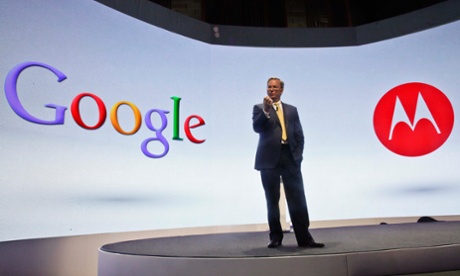http://www.dailymail.co.uk/sciencetech/article-2542749/Facebook-favourite-social-network-teens-beating-YouTube-Twitter.html
The'death of Facebook' has been 'greatly exaggerated': Report claims social network is favourite among teens, beating YouTube and Twitter
Study based on 170,000 online interviews found the social network is used by almost half of 16 to 19-year-olds around the world on a monthly basis
25 to 34-year-olds rather than the 16 to 24-year-olds make up the largest share of users on nearly all of the social networks surveyed
‘We’ve been able to show that Facebook is still used by 48.5 per cent of 16 to 19-year-olds globally on a monthly basis,’ said Mr Smith.
Facebook is still the dominant, most popular social network on the planet among teens with 67 per cent more active teen users than the nearest competitor, YouTube, which is regularly used by 29 per cent of 16 to 19-year-olds, he said.
Twitter is third most popular social network with 26 per cent of 16 to 19-year-olds around the world using it on a monthly basis.
‘Our GlobalWebIndex Social study shows that reports of ‘the death of Facebook’ have been greatly exaggerated,’ Mr Smith said.





